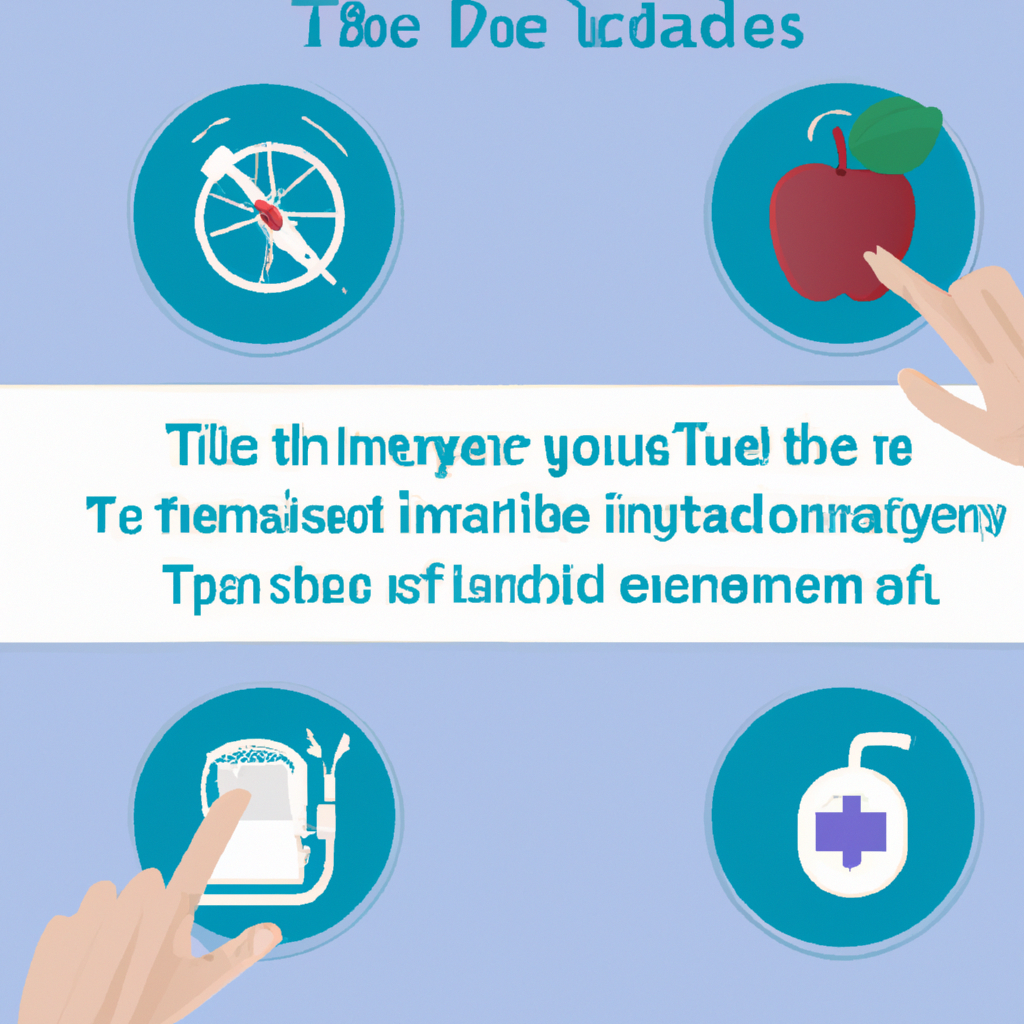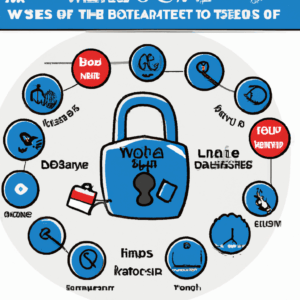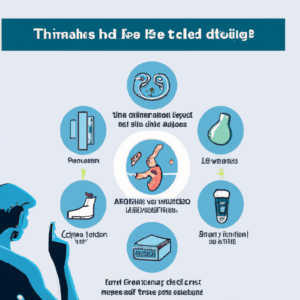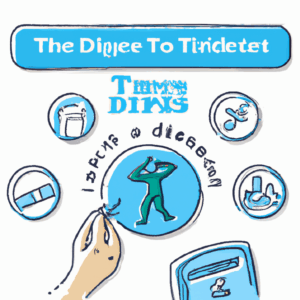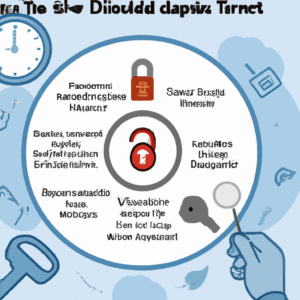Introduction: Context and Importance
Type 1 diabetes, a chronic condition characterized by the body’s inability to produce insulin, affects millions worldwide. It often emerges unexpectedly, turning lives upside down with its demanding regimen of blood sugar monitoring, insulin administration, and dietary management. Despite these challenges, many individuals with Type 1 diabetes lead fulfilling lives, showcasing resilience and adaptability. This blog post delves into the journey of navigating life with Type 1 diabetes, offering insights, practical tips, and a deeper understanding of this condition. By exploring the medical landscape, sharing patient stories, and dispelling common myths, we aim to empower those affected to manage their health effectively and live life to its fullest potential.
Medical Overview
Type 1 diabetes is an autoimmune condition where the immune system mistakenly attacks and destroys insulin-producing beta cells in the pancreas. Unlike Type 2 diabetes, which is often associated with lifestyle factors, Type 1 diabetes is not preventable and usually manifests in children and young adults. The exact cause remains unclear, though genetic predisposition and environmental factors are believed to play a role.
Managing Type 1 diabetes requires a comprehensive approach that includes regular blood sugar monitoring, insulin therapy, a balanced diet, and physical activity. Advances in medical technology, such as continuous glucose monitors (CGMs) and insulin pumps, have revolutionized diabetes management, offering greater precision and convenience. However, these tools require education and commitment to use effectively.
Healthcare providers play a crucial role in the management of Type 1 diabetes, working closely with patients to tailor treatment plans that accommodate individual needs and lifestyles. Regular check-ups, blood tests, and eye and foot examinations are essential to prevent complications such as cardiovascular disease, nerve damage, and vision problems.
Patient Stories
Consider Sarah, a 15-year-old high school student diagnosed with Type 1 diabetes at age 10. Initially overwhelmed by the constant need to monitor her blood sugar and administer insulin, Sarah struggled with feelings of isolation. However, with the support of her family and healthcare team, she gradually adapted to her new normal. Sarah now uses a continuous glucose monitor, which alerts her to fluctuations in her blood sugar levels, allowing her to make timely adjustments.
Then there’s Mark, a 30-year-old software engineer who was diagnosed in his early twenties. Mark’s passion for hiking and outdoor adventures initially seemed at odds with his diabetes management. Determined not to let diabetes limit his lifestyle, Mark learned to meticulously plan his trips, packing sufficient snacks, insulin supplies, and backup equipment. His story illustrates that with careful planning and determination, individuals with Type 1 diabetes can pursue their passions without compromise.
These stories highlight the diverse experiences of living with Type 1 diabetes, emphasizing that while the journey is challenging, it is also one of adaptation and empowerment.
Practical Tips for Daily Life
Managing Type 1 diabetes requires a well-coordinated effort and integration of several daily practices. Here are some practical tips to help navigate daily life with this condition:
1. Regular Monitoring: Use technology to your advantage. Devices like continuous glucose monitors can provide real-time data, helping you maintain optimal blood sugar levels.
2. Meal Planning: A balanced diet is crucial. Work with a dietitian to create a meal plan that suits your lifestyle and helps stabilize blood sugar levels. Incorporating whole grains, lean proteins, and plenty of fruits and vegetables can make a significant difference.
3. Stay Active: Regular physical activity helps improve insulin sensitivity and manage weight. Choose activities you enjoy, whether it’s walking, cycling, or yoga, to make it a consistent part of your routine.
4. Stress Management: Stress can affect blood sugar levels. Techniques like meditation, deep breathing exercises, and adequate sleep can help manage stress effectively.
5. Educate Yourself and Others: Knowledge is power. Stay informed about advancements in diabetes care and educate those around you to build a supportive network.
Expert Opinions and Clinical Perspectives
Dr. Emily White, an endocrinologist specializing in diabetes care, emphasizes the importance of a personalized approach to managing Type 1 diabetes. “Every patient’s experience is unique,” she explains. “What works for one person may not work for another. It’s essential to tailor treatment plans based on individual needs and lifestyles.”
Dr. White also highlights the role of technology in diabetes management. “Technological advancements have significantly improved the quality of life for those with Type 1 diabetes. Continuous glucose monitors and insulin pumps provide more precise control and flexibility, reducing the burden of constant monitoring.”
Nurse practitioner Jane Liu adds, “Support from a multidisciplinary team, including dietitians, psychologists, and diabetes educators, can provide comprehensive care. It’s not just about managing blood sugar but also addressing emotional and psychological well-being.”
These expert insights underscore the importance of a holistic approach to managing Type 1 diabetes, emphasizing the integration of medical, technological, and psychosocial support.
Common Misconceptions and Correct Understanding
Type 1 diabetes is often misunderstood, leading to misconceptions that can affect those living with the condition. Here, we address some common myths and provide accurate information:
1. Myth: Type 1 Diabetes is Caused by Poor Lifestyle Choices. Unlike Type 2 diabetes, Type 1 is an autoimmune condition and not linked to lifestyle factors. It’s crucial to understand that individuals with Type 1 diabetes did not cause their condition.
2. Myth: People with Type 1 Diabetes Can’t Eat Sugar. While managing carbohydrate intake is important, people with Type 1 diabetes can enjoy sweets in moderation. The key is balancing insulin doses with carbohydrate consumption.
3. Myth: You Can’t Exercise with Type 1 Diabetes. Exercise is highly beneficial for diabetes management. With proper planning and monitoring, individuals with Type 1 diabetes can engage in various physical activities safely.
4. Myth: Insulin is a Cure. While insulin therapy is essential for managing Type 1 diabetes, it is not a cure. Ongoing research aims to find a cure, but current treatments focus on managing the condition effectively.
Summary and Outlook
Living with Type 1 diabetes presents unique challenges, but it also offers opportunities for empowerment and personal growth. Through a combination of medical management, technological advancements, and lifestyle adjustments, individuals with Type 1 diabetes can lead healthy, fulfilling lives.
The future of diabetes care is promising, with ongoing research into artificial pancreas systems, beta-cell regeneration, and other innovative treatments. As awareness and understanding of Type 1 diabetes continue to grow, so does the potential for improved management and quality of life.
Ultimately, the journey with Type 1 diabetes is deeply personal, shaped by individual experiences and choices. By fostering a supportive community and staying informed about advancements in care, those affected can navigate their path with confidence and resilience.

